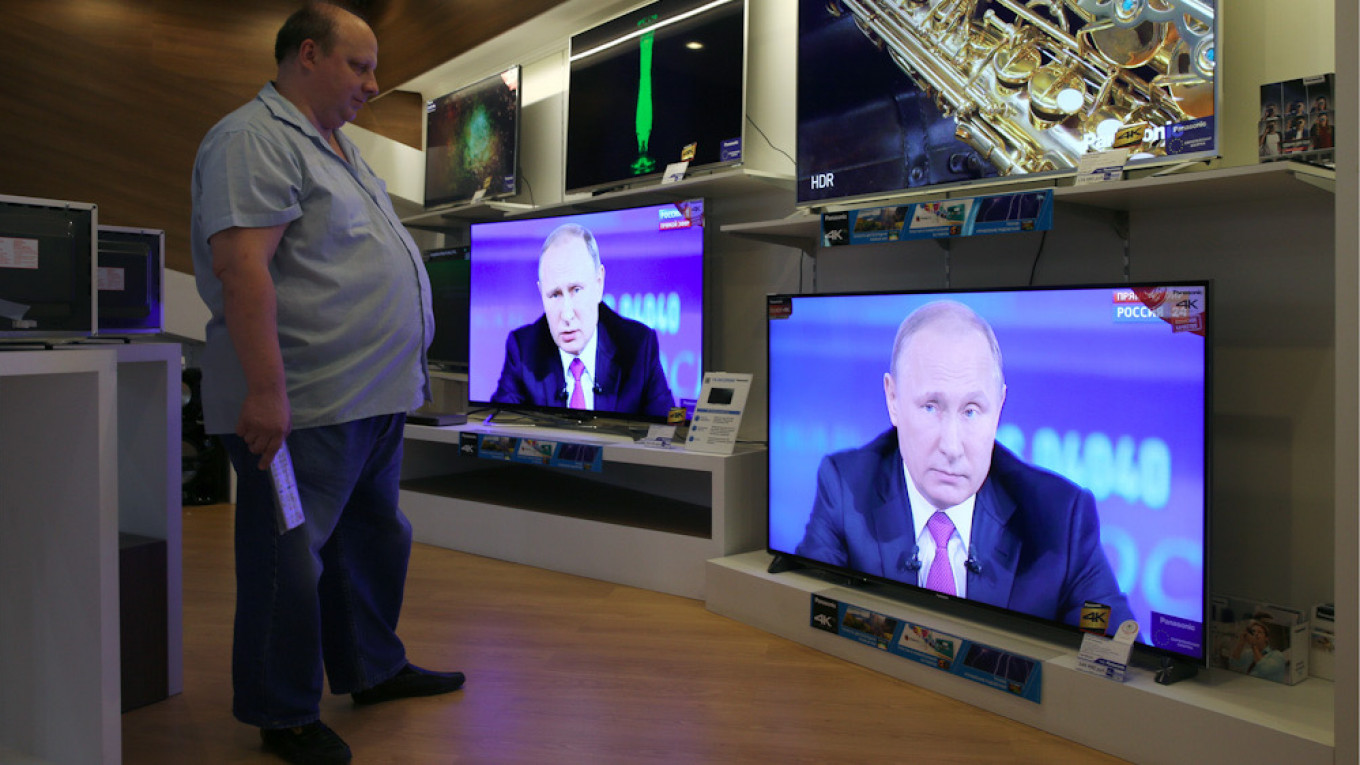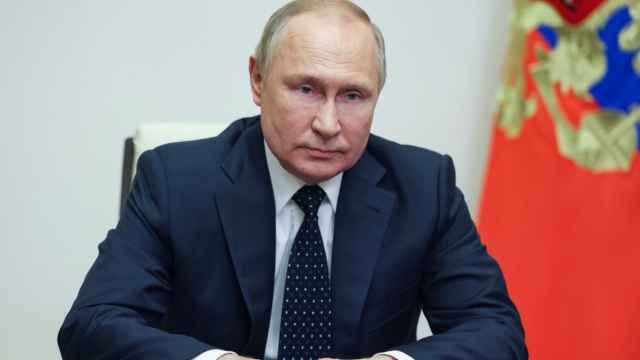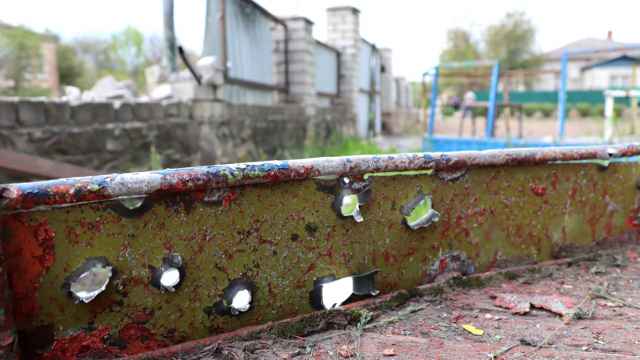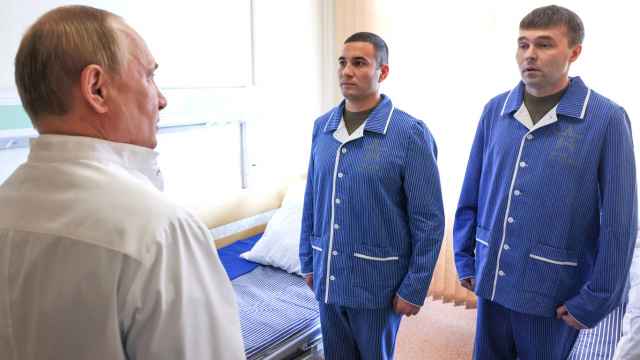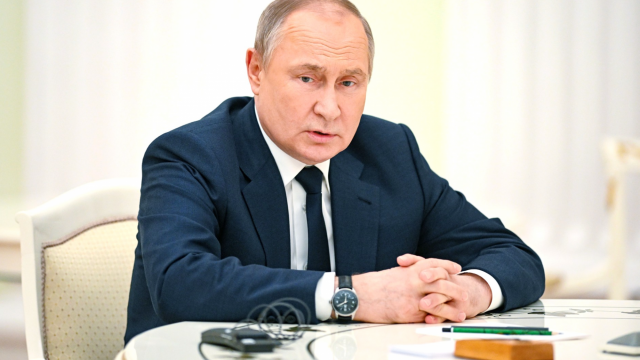“At long last, the president’s first live call-in show since 2019!” This is how the Russia-24 TV channel tried to stir up interest in the annual Direct Line spectacle featuring President Vladimir Putin. However, it’s not clear that anyone but the organizers — who usually come up with the questions the president will answer and then send film crews to the regions to find callers who will ask them — had even noticed that 2020 had passed without the usual show.
Even Putin himself probably couldn’t remember off the top of his head whether or not he had hosted a call-in last year. After all, thanks to the pandemic and the transition to online communication, he had begun speaking with members of the public several hours every month by Zoom anyway, answering the same types of pre-planned questions, but without all the pomp.
However, his “live call-in” has become a personal trademark that would be a pity to cancel. Putin began holding them during the first year of his presidency, and continued to do so even when Dmitry Medvedev held that office.
According to this principle, Putin should continue to take calls from ordinary Russians indefinitely into the future, regardless of how his job title might change.
This year, however, the broadcast used a revolutionary “anything goes” approach. In place of the highly orchestrated technical productions of the past with 90-second comments from pre-screened callers, this year, almost no intermediaries stood between Putin and the people. No film crews even went to the regions.
Instead, people used their own phones to film themselves asking questions. The result was off-kilter callers who forgot to turn off the sound on their TVs, creating a terrible echo that no one could stop until the president had heard the question through to the end.
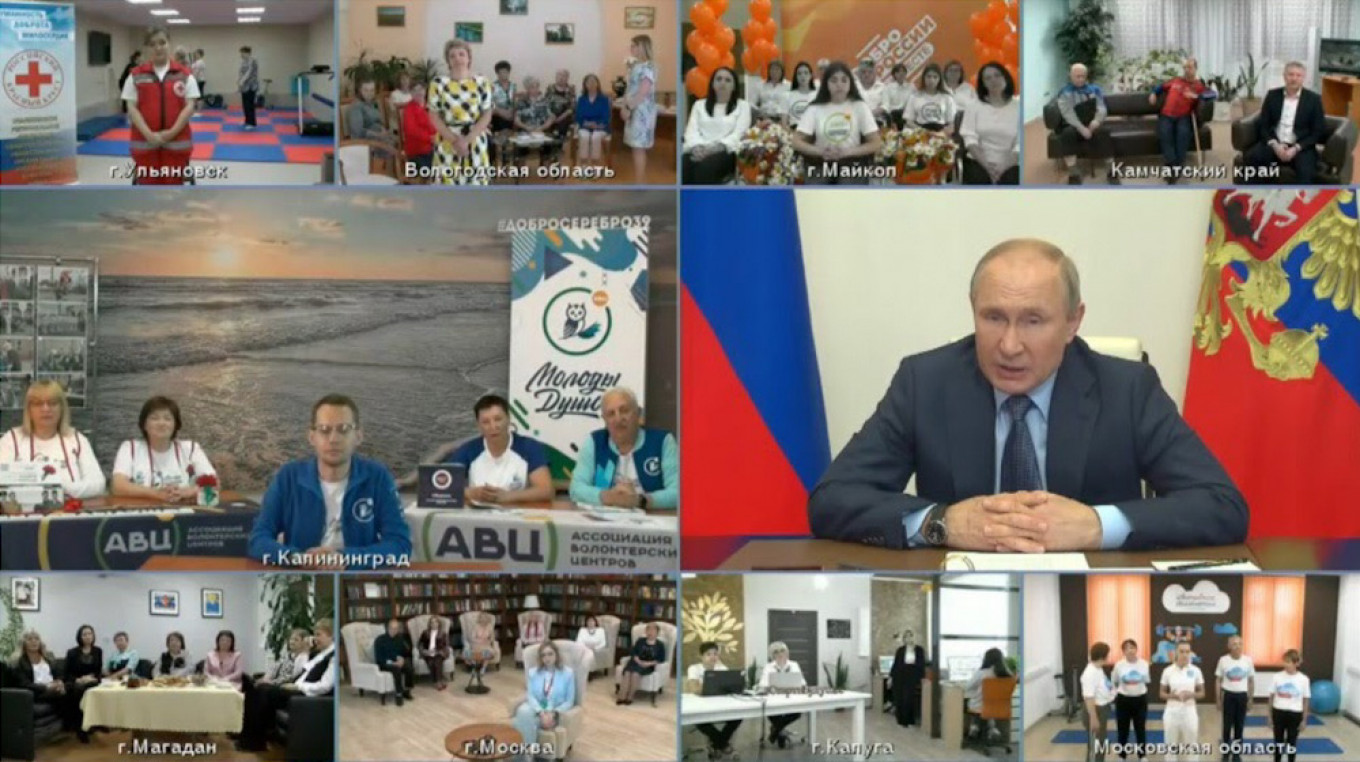
From a technical standpoint, Direct Line 2021 was the worst ever. The connection failed frequently and whistling, crackling noises marred the audio. We can only assume this was intentional, to make it look like Putin was talking in a natural way with the people. Some of his calls even got cut off — just as sometimes happens to ordinary mortals!
In fact, these technical problems were perhaps the only thing interesting about the show. Everything else had long passed beyond all measure of predictability.
A question about gasification?
The president responded in depth, showing that he knew more about the subject than the caller did.
The ecology in Omsk?
Putin rattled off a response showing that he was thoroughly familiar with the condition of every garbage dump in Omsk.
It came off looking more like a game show in which a panel of brainiacs proves they can answer any question that callers throw at them — only in this case, Putin did the job singlehandedly. Perhaps that’s why the questions appeared onscreen in the same format used on Jeopardy!
If someone asks Putin why domestic tourism is so expensive in Russia, the president drowns him in a torrent of stories and facts intended to show that he is well aware of the problem and has been working on it for the last 20 years.
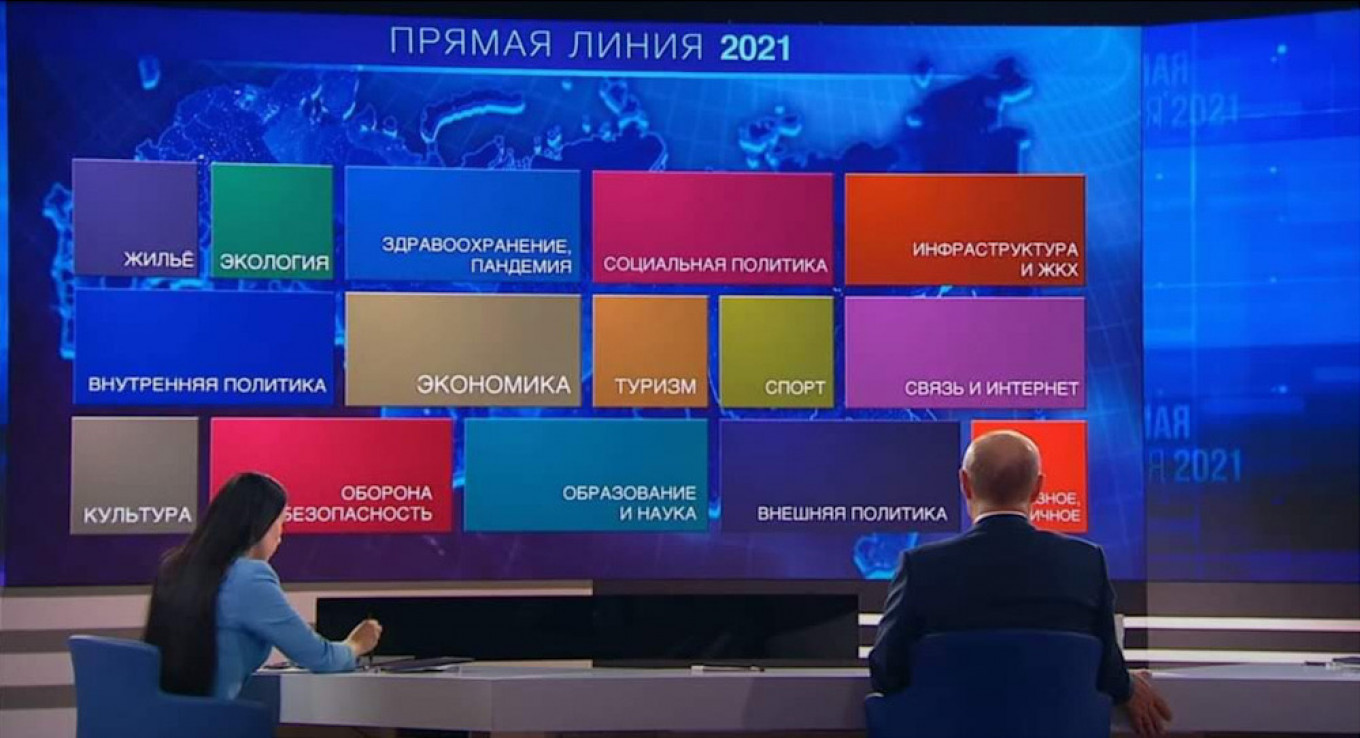
The idea is to show that, although Putin might not have solved this or that problem yet, nobody in the country knows more about the subject or spends more sleepless nights thinking about it than he does — and that includes the poor person who posed the question in first place.
Even when Putin claimed, “More than 500 million people were able to take advantage of preferential mortgages” (despite the fact that Russia’s population totals only 147 million), no one thought to correct him: if anyone were to start nitpicking like that, it would break the spell on this séance and the whole thing would immediately collapse.
There used to be a popular show featuring Roman Trakhtenberg, a human encyclopedia of jokes and stories. The idea was to call in and give the opening line of a joke or story and he would finish it. Rarely could anyone stump him.
Putin’s Direct Line show generates drama in much the same way. There is no problem in Russia that escapes his all-encompassing vision. Half the pensioners in Russia would probably drop dead from heart attacks if he ever admitted that he was unaware of a particular situation or didn’t have something under his direct and total control. Fortunately for them, that day will never come.
Unfortunately for Russia, though, that day will never come.
A Message from The Moscow Times:
Dear readers,
We are facing unprecedented challenges. Russia's Prosecutor General's Office has designated The Moscow Times as an "undesirable" organization, criminalizing our work and putting our staff at risk of prosecution. This follows our earlier unjust labeling as a "foreign agent."
These actions are direct attempts to silence independent journalism in Russia. The authorities claim our work "discredits the decisions of the Russian leadership." We see things differently: we strive to provide accurate, unbiased reporting on Russia.
We, the journalists of The Moscow Times, refuse to be silenced. But to continue our work, we need your help.
Your support, no matter how small, makes a world of difference. If you can, please support us monthly starting from just $2. It's quick to set up, and every contribution makes a significant impact.
By supporting The Moscow Times, you're defending open, independent journalism in the face of repression. Thank you for standing with us.
Remind me later.



